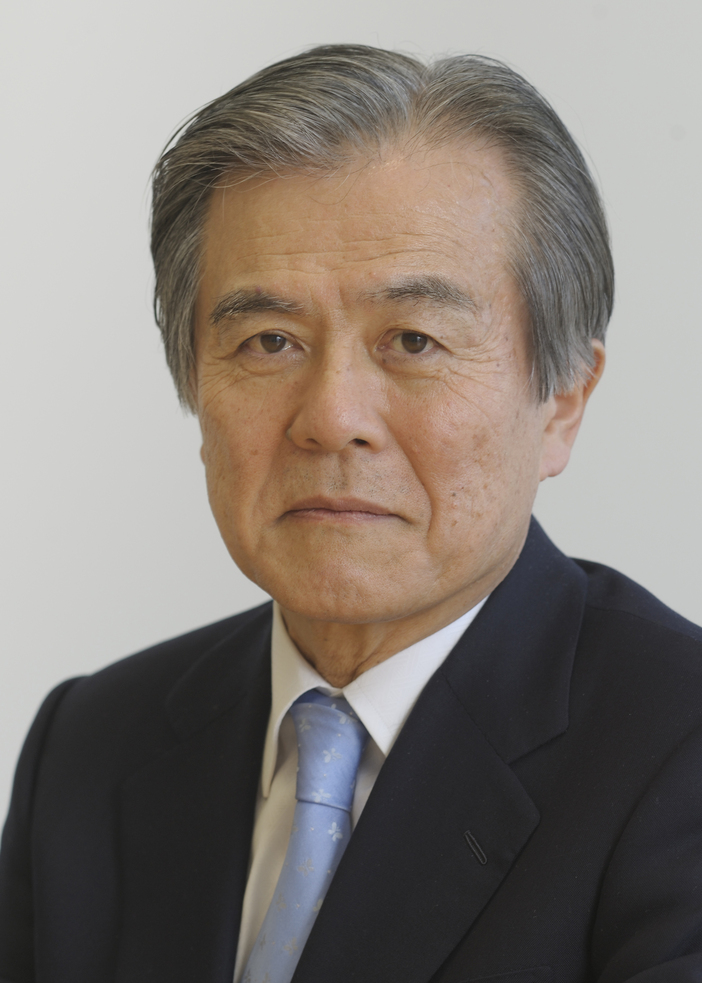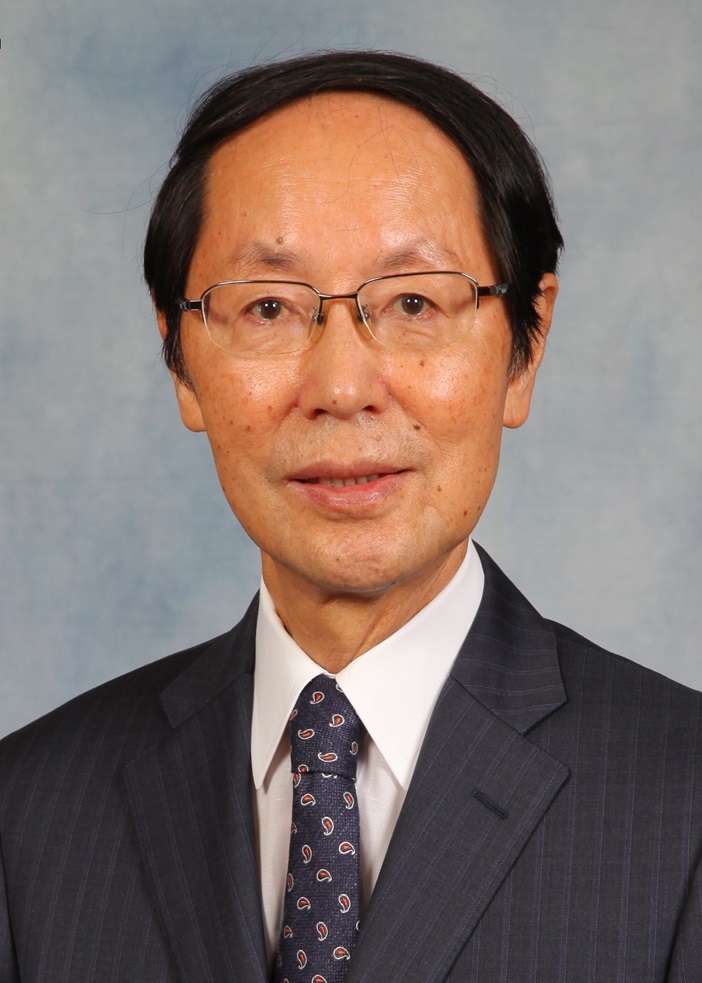

The Earth is just one of a countless number of planets in our vast universe. While our small planet was born 4.5 billion years ago, our ancestors only emerged during the last few million years, a relatively recent event in cosmic terms. Humanity continued to prosper as a species, and eventually went on to develop civilization. While people’s lives have undoubtedly improved, progress has been extremely slow. However, the start of the industrial revolution roughly 200 years ago changed the situation completely. The pace of development accelerated significantly, particularly in the 20th century, and scientific and technological advancement have been the driving force behind this development that has made people’s lives even richer.
People now live much longer. In fact, most people throughout history lived very short lives. The average life span was only 31 years even in the early 20th century, but that has now increased to 72 years. We have achieved our eternal dream of longevity, suggesting that at least here civilization has been a success.
The Japan Prize was established to honor the achievements in science and technology that contribute to the peace and prosperity of humanity. Tracing back the history of awards presented to date, I get a sense of how much people’s lives have improved and how much science and technology have contributed to that. I remain convinced that the Japan Prize has a significant role to play, and I will continue to work towards fulfilling that role.
However, I cannot deny that I have some trepidation about the future of our world and the people who live upon it. Will we be able to protect our beautiful planet? Can we continue to work towards prosperity for humanity as a whole, without leaving some of us behind? These are the fundamental questions that we must be asking ourselves. I am confident that the Japan Prize will play a crucial role in promoting science and technology that will answer such questions.
The advancement of science has blessed us with an enormous body of accumulated knowledge. Knowledge is humanity’s most prized asset. Because of its sheer volume, it has become difficult to grasp the overall picture of just how much knowledge we now have. This has combined with the increasing complexity of our ever-more affluent society and with the changes made to our planet in order to attain that affluence, resulting in us becoming more anxious about our future. In other words, scientific development itself is the source of that anxiety, which means that scientists must confront this problem head on. In order to solve the various problems we face, we must work together to build bridges between fields, to transcend the boundaries between the fragmented bailiwicks of scientific knowledge. We cannot deny the possibility that science and technology can be misused, but I remain convinced that we possess the wisdom needed to prevent that from happening.
The Heisei Memorial Research Grant Program was established in 2019 as a means to support the future of our civilization and scientific and technological development. It was named thusly as an expression of our heartfelt gratitude to Their Majesties the Emperor Emeritus and Empress Emerita of Japan, who have shown unwavering support for the Japan Prize since the first ceremony was held in 1985. We hope the program will encourage motivated researchers to take on further challenges.
The Foundation will continue to contribute to achieving peace and prosperity for humanity through the Japan Prize, through our research grants, and through the promotion of science and technology education into the future.

Humans are born with a desire for knowledge. Our insatiable curiosity forms the basis of science, which itself is the foundation upon which knowledge is built. The application of scientific knowledge in technology has transformed society, and technological development has in turn deepened our understanding of science as well. The partnering of science and technology has expanded human knowledge, and has had a powerful impact on both our awareness and society. However, scientific and technological development also poses a potential threat to humanity ‒ both its activities and its very survival ‒ with it being harnessed in the waging of war, and having had a negative impact on our planet’s environment. Artificial intelligence is developing at a remarkable pace, and is being utilized in a wide range of scientific research and technological development, but it can also be easily used to produce false information. If such usage becomes widespread, it will become more and more difficult to determine what is true and what is not.
In the face of this, we must ensure that we harvest not only the fruit of scientific and technological research, but also that we recognize the duality of its nature; we must consider the dangers inherent to such development and think about the potential impact on people, on society, and on how we live.
That being said, while there are many problems that can arise out of scientific and technological development, we continue to have high expectations for the good it can do. Our thirst for knowledge remains unquenched, and with the acquisition of such knowledge, there is no limit to what we can accomplish. Scientific and technological research is needed to resolve the very issues that such research brings to light, and the people of Japan look to such research as a means of contributing to a better world.
The Japan Prize was established with the approval of the Cabinet in 1983, with its objectives being to promote research and development that advances science and technology, and to raise public awareness of science and technology. The Japan Prize is presented to researchers from around the world whose work is recognized as being both original and groundbreaking, and as having significantly contributed to the peace and prosperity of humanity. Their Imperial Majesties attend the award ceremony held every year in April alongside representatives from various fields. The Japan Prize has become what it is today through the efforts, cooperation, and support of these numerous individuals. What makes the Japan Prize special is its emphasis on contributing to society. This emphasis reflects the hopes of the many people involved in it, including the first chairman of what would become the Japan Prize Foundation, Konosuke Matsushita.
In this era of global change, the knowledge we gain from research into science and technology can serve as a guiding light for humanity. Science and technology can be described metaphorically as an orchard that, if carefully nurtured, will continue to always bear fruit. This tree of science must be preserved and passed on to future generations, and for that reason, the Foundation has taken on the important task of cultivating young researchers. We established the Heisei Memorial Research Grant Program in 2019, naming it thusly to express our gratitude to Their Majesties the Emperor Emeritus and Empress Emerita for the extraordinarily kind involvement in the establishment of the grant. It is our hope that it will support the independence of young researchers and contribute to their professional development.
The Japan Prize Foundation aims to serve as the soil in which the wisdom and knowledge of science and technology can grow, and in taking on that role, we hope to contribute to the peace and prosperity of all humanity.